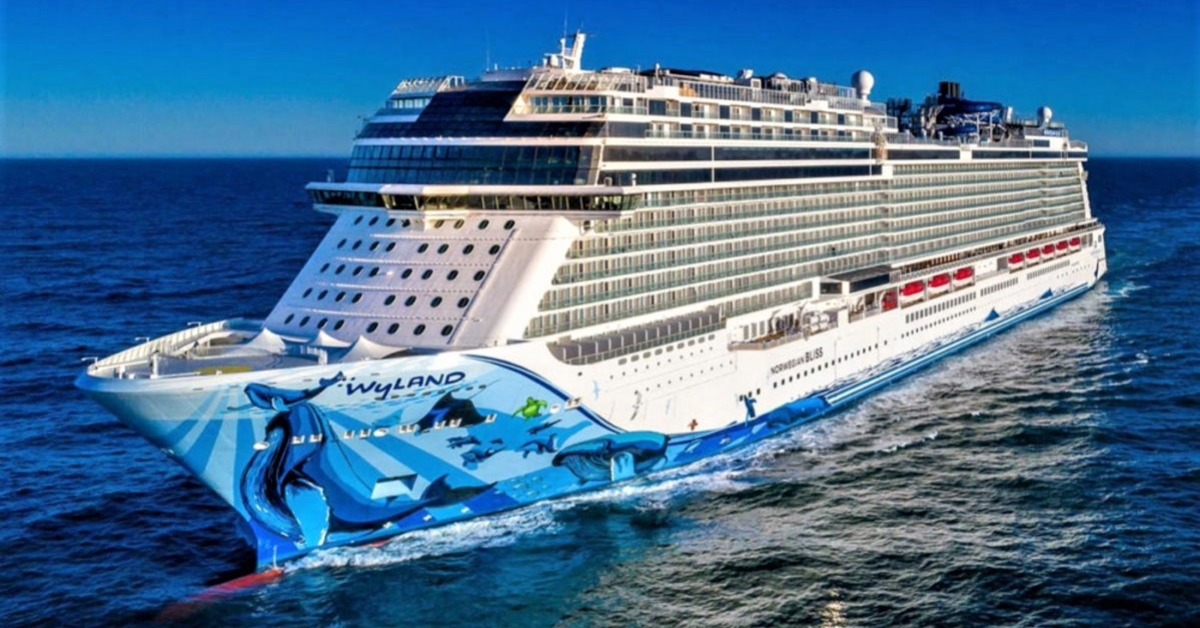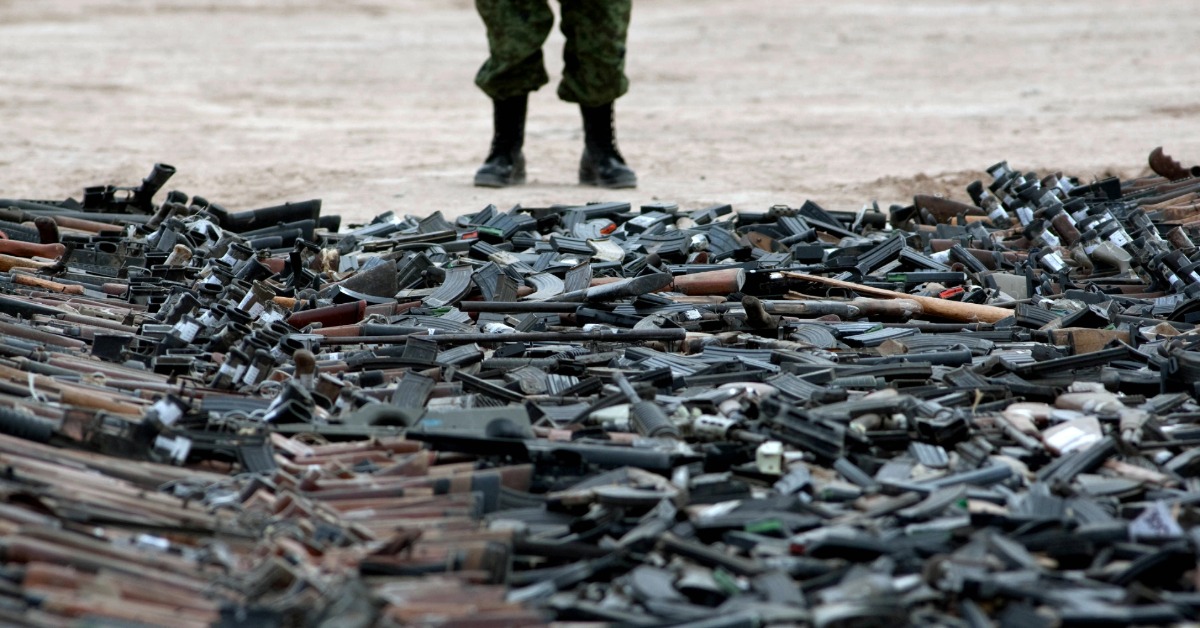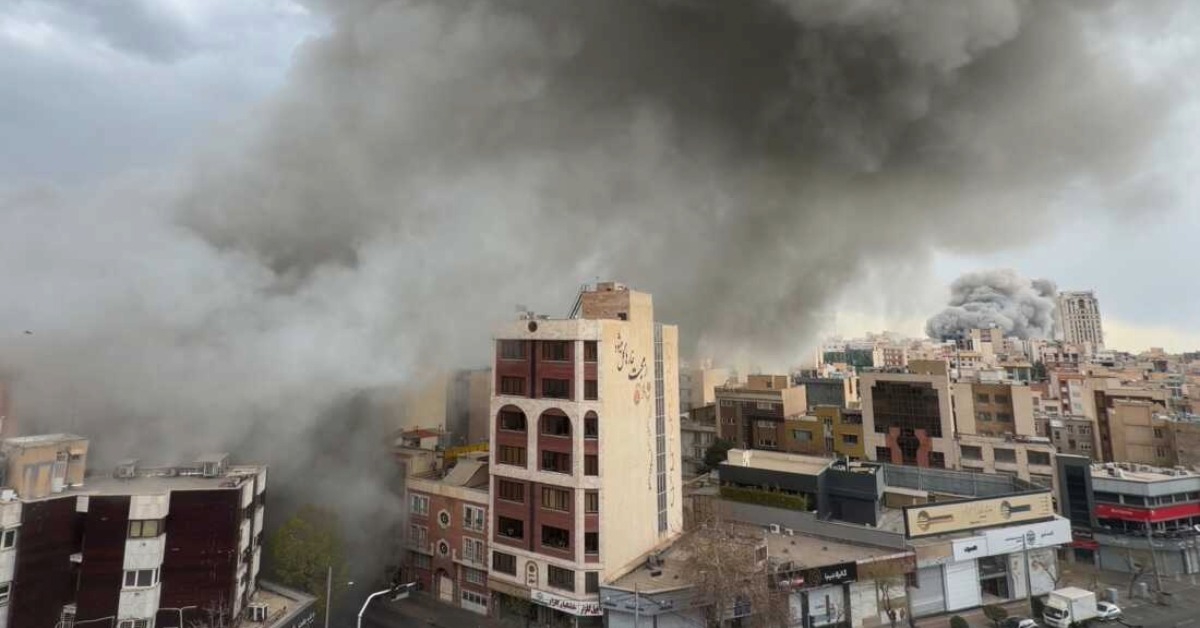The clamor to crack down on laundering drug money was loud in 2010 when Wachovia National Bank was found to have let $110 million from Mexico be sent through its accounts. It grew two years later when HSBC Holdings PLC agreed to pay $1.9 billion to settle violations that included letting hundreds of millions of dollars from drug cartels flow through one of the world's largest banks.
Now there is growing sentiment along the U.S.-Mexico border that vigilance has gone overboard and is hurting law-abiding businesses. American banks, wary of the potential for massive penalties . . .





